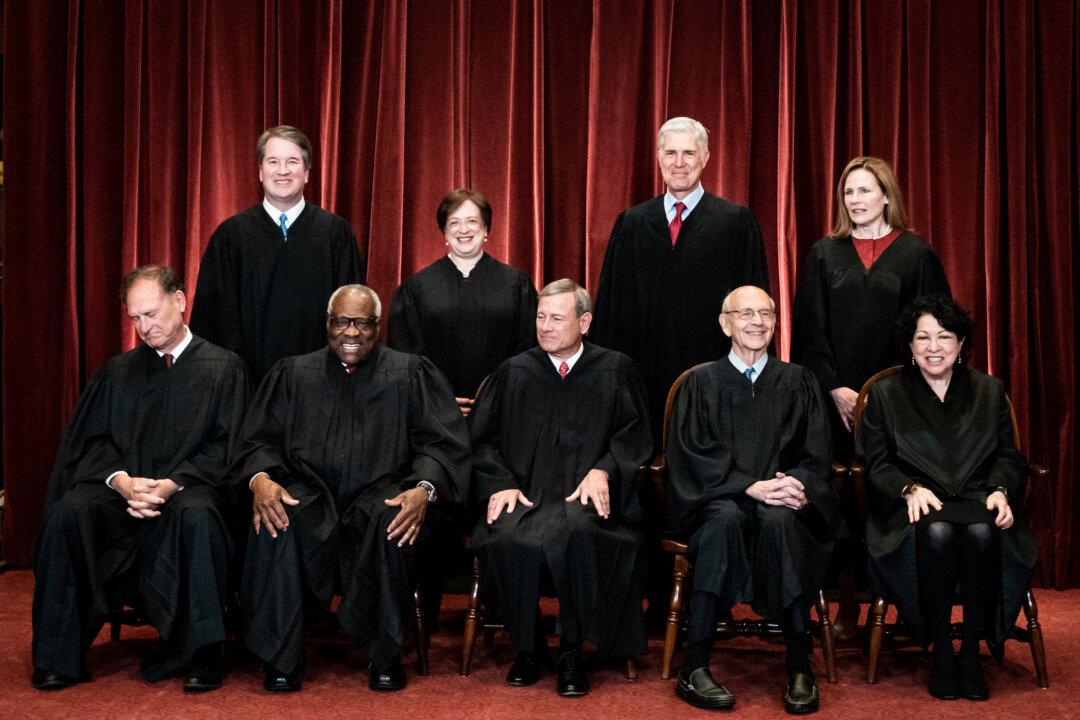Georgia Gwinnett College can’t simply pay $1 each in damages for violating two students’ constitutional rights to express their religious faith on campus without prior permission from administrators, according to a federal judge.
U.S. District Court for the Northern District of Georgia Judge Eleanor Ross rejected the college’s request that it be allowed to pay the $2 to former students Joseph Bradford and Chike Uzuegbunam. Approval of the payment would have ended the case after more than five years of litigation that included a U.S. Supreme Court ruling in the students’ favor.





